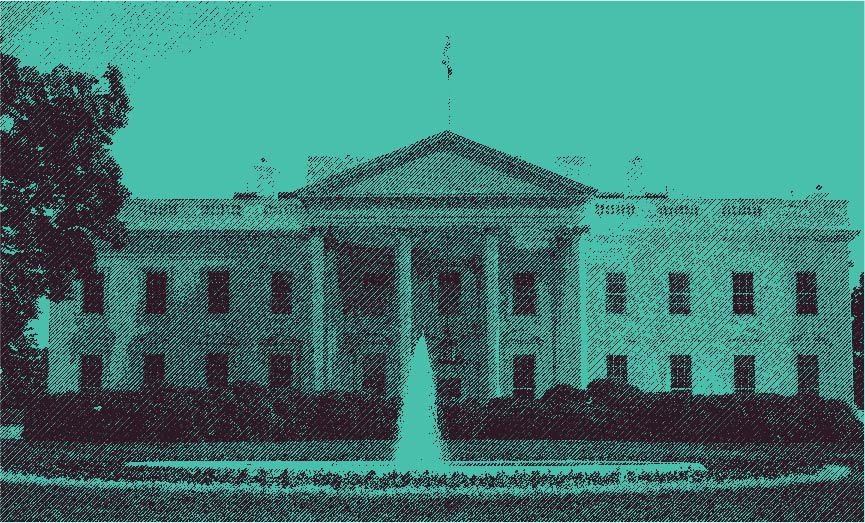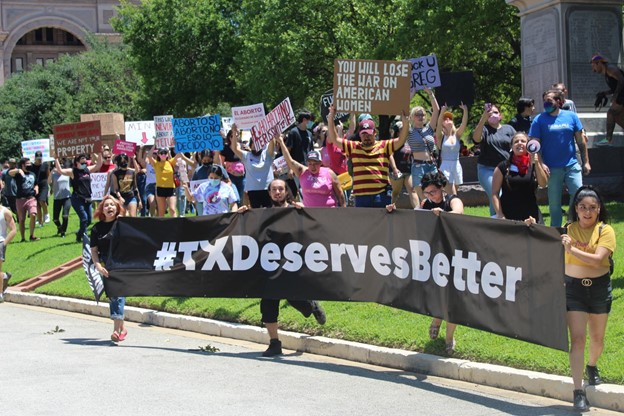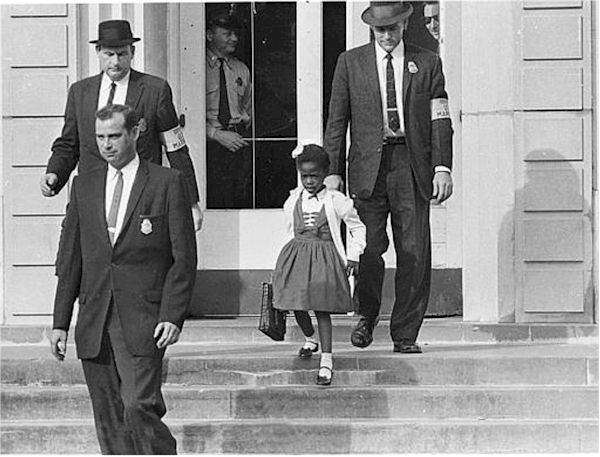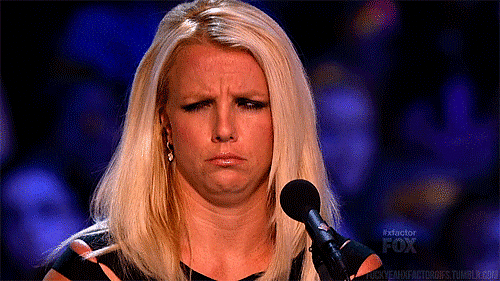Abortion rights, women of color, and LGBTQIA+ people are under attack. Pledge to join us in fighting for gender justice.
#CanYouHearUsNow?
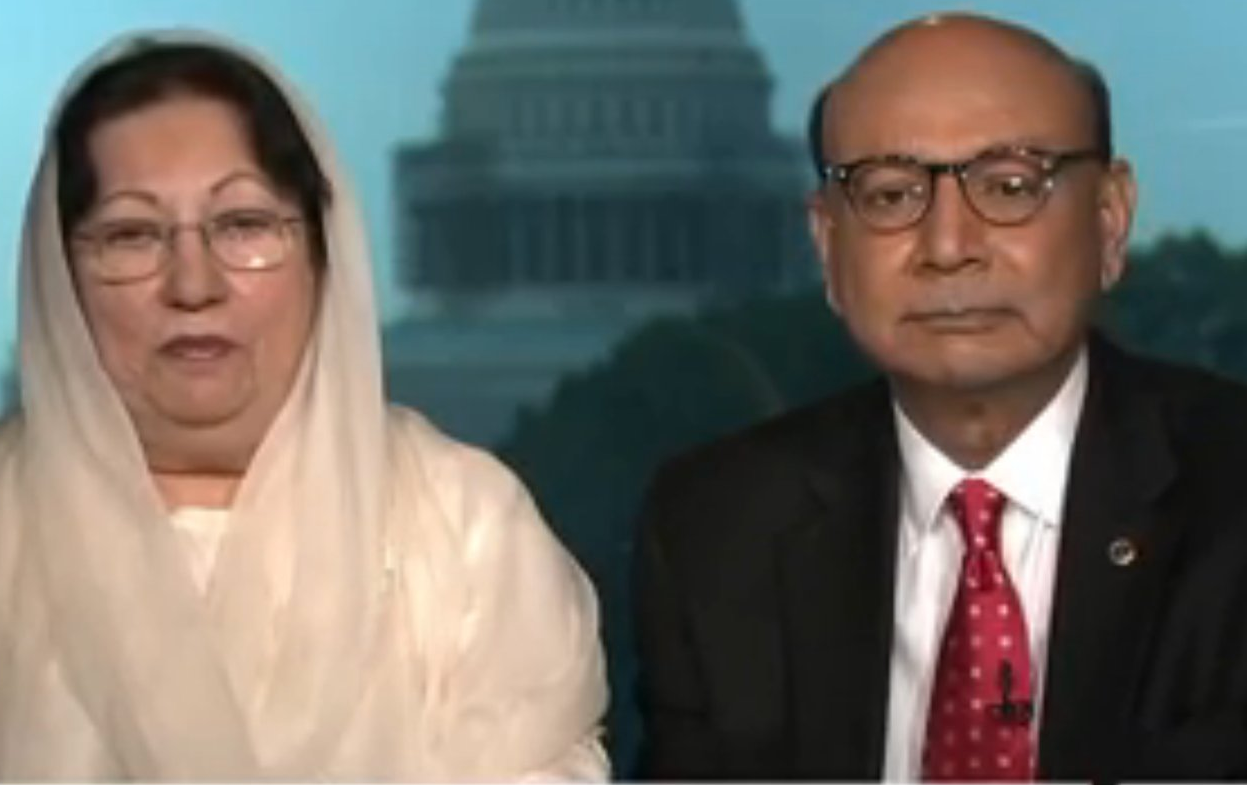
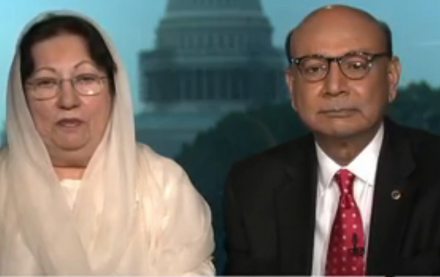
As an advocate for social change, my voice is one of the most powerful tools in my toolkit. My “voice” isn’t just how loud I can yell at a protest; it’s also how far I can spread my message within my community. This idea of voice – the power to convey your experiences and your message – is critical for social justice advocates. Whether our message is conveyed verbally, in written text, through movement, via art, or any other form, it is still a voice that is unique and important.
However, there are some people who seem to think Muslim women don’t have a voice. As a Muslim activist, I can assure you that I have a voice and I use it every single day. Not a day goes by when I don’t engage in a conversation about social justice: whether it’s spending my Friday night convincing someone that the gender wage gap is real or staying up till 3:30am to make a long-distance phone call to talk about race relations in the United States. I’ve published my experiences in books and spoken to large groups about why systemic change is crucial. I committed my life and career to social justice work years ago, and I’ve never looked back.
I use my voice to inspire others to join me in fighting institutions of injustice and I’ve helped plan large movements within my community to do the same. My voice has power. The voices of Muslim women have power. Mrs. Ghazala Khan may not have spoken on the stage a few days ago, but if she had wanted to, she absolutely could have. Her voice has power.
Now, all I have to ask is #CanYouHearUsNow or are you still stumped by our ability to have influential voices as Muslim women?

